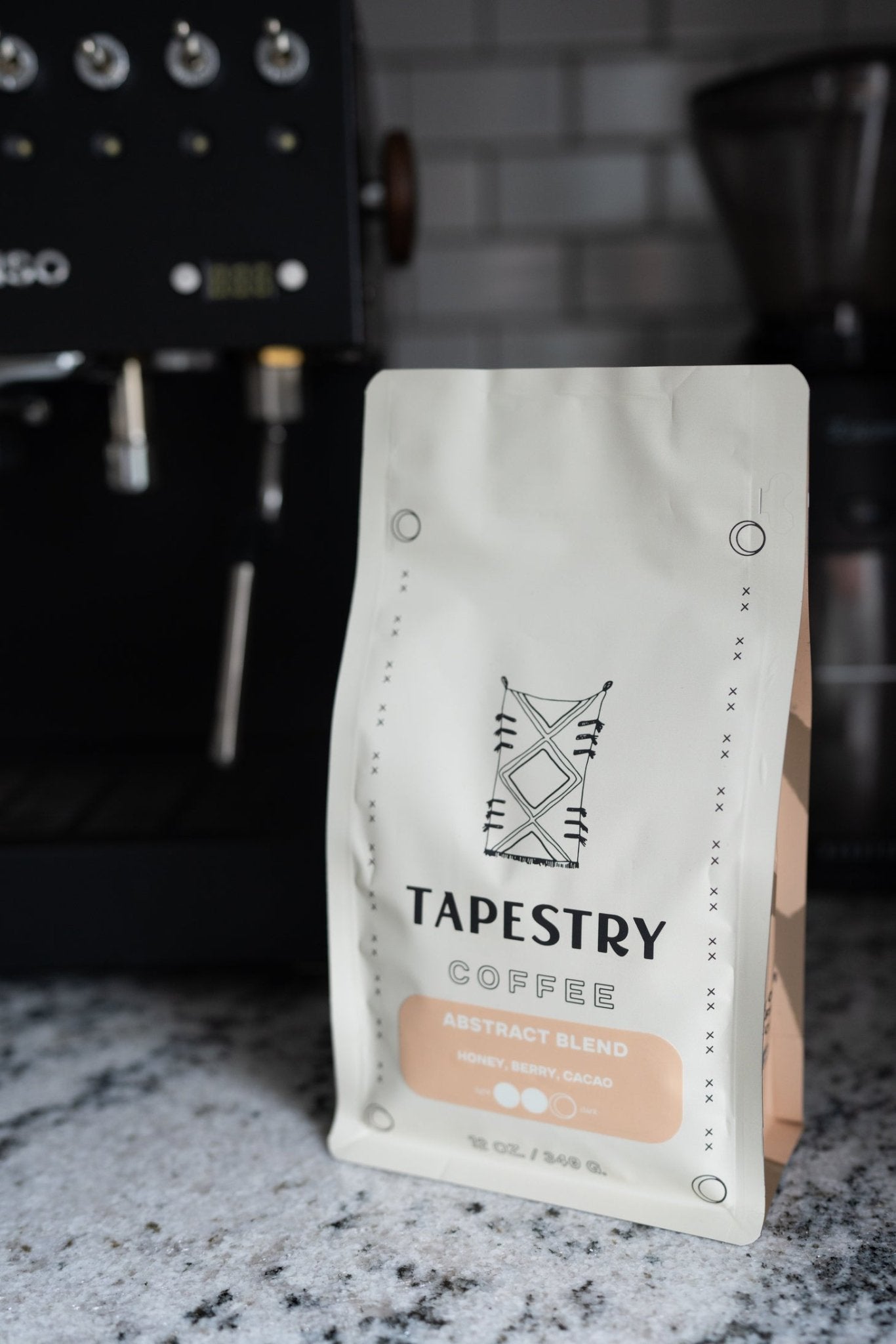If you have followed along with specialty coffee for any given amount of time, you have likely heard endless talk around the idea of sustainability, yet so often, this idea can get thrown around by a coffee roaster with little in the way of definition or actionable practices that form their approach as a Minnesota coffee roaster. This is not isolated to just the coffee industry either; in recent years, many companies and entire sectors have latched into the idea and ethos of sustainability, yet there are endless avenues in which this could lead.
As a coffee roaster and company overall, we, too, have a central value around sustainability. We have made the commitment as a coffee roaster in Minnesota to always pursue sustainability, but we also want to make sure that we offer transparency by sharing insights and direct practices that come from the pursuit of sustainability.
First and foremost as a Minnesota coffee roaster, we see responsibility in pursuing sustainability along the supply chain of coffee itself. For coffee farmers around the world, coffee is and has been their family business for generations. Coffee farms take years to get to points of strong health for the trees and most importantly for the soil. Coffee is also a year-long labor. With all these factors in mind, we firmly believe in paying a living wage for all coffee we purchase. This can mean different in different cases, but we trust the sourcing partners we work with to verify that the farmers are indeed receiving the funds needed to support families and to keep the farm continuing to develop. People sometimes ask questions aimed towards fair trade coffee. Fair trade coffee price is calculated by taking the lowest pricing of coffee and adding a forty percent multiply. This would typically put the green coffee around $1.40 per pound. We typically buy our green coffee to roast at around $4.50 - $5.50 per pound.

